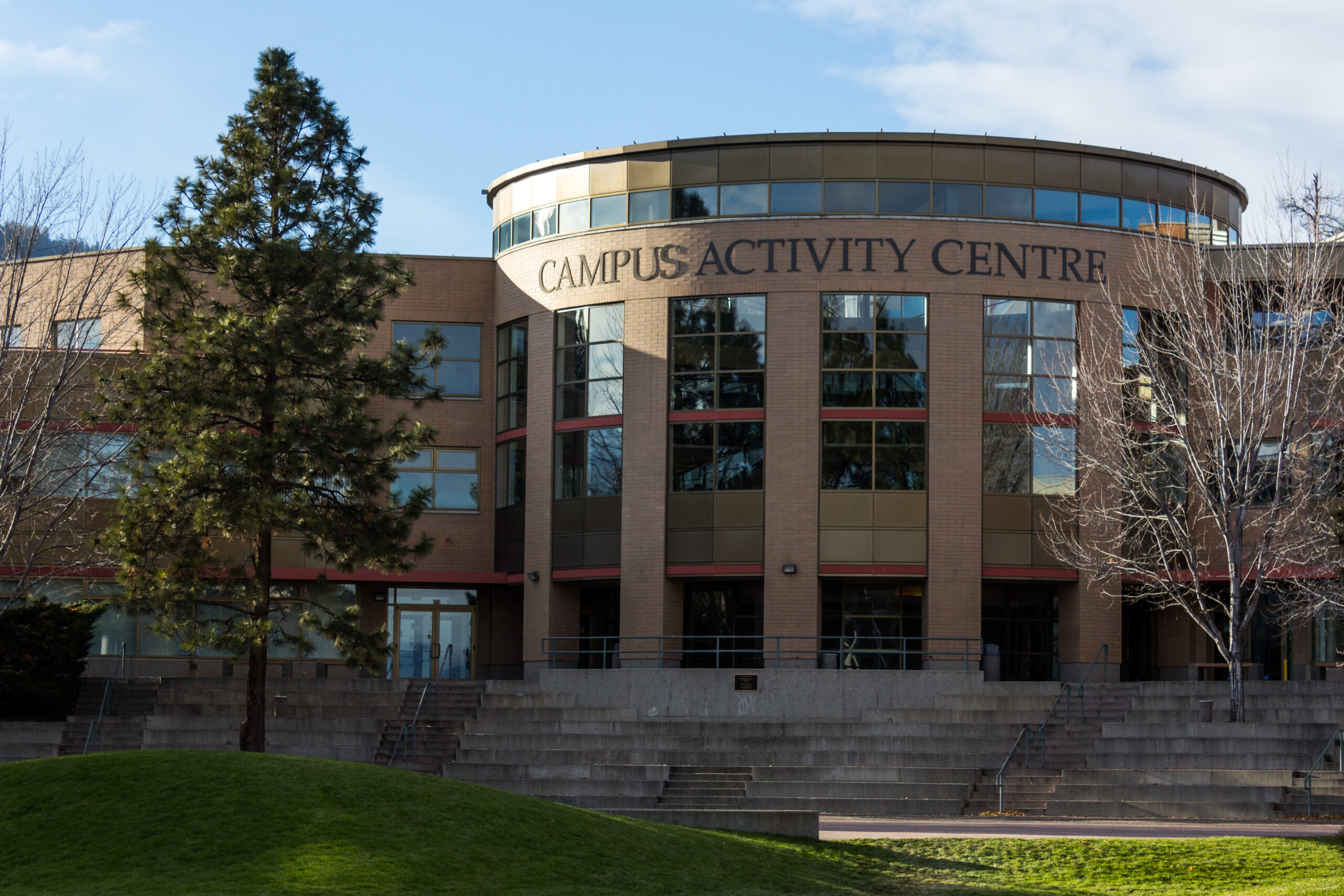Kamloopsians’ brains were stretched while they learned from rising TRU professors about the legendary King Arthur, sports psychology and the plight of Filipino care workers in Canada on March 19.
Little Lectures, Big Ideas was created in conjunction with the launch of TRU’s Master of Arts in Human Rights and Social Justice program that began in 2022.
The fourth-ever event of its kind, the lecture series saw its largest turnout yet, according to organizers, with approximately 100 seats filled at the Paramount Theatre as the night began.
“I’ve been here since the beginning, and every year the crowd gets bigger. I love seeing everyone in the audience,” Faculty of Arts Associate Dean and event master of ceremonies Mark Wallin said to kick off the evening.
“We handed the responsibility over to faculty of arts colleagues to identify essentially the brightest stars amongst us. The biggest up-and-coming scholars.”
Fitting a legend to the times: The development of the King Arthur myth
Those stars then took over the event, presenting TED-style lectures to share their research expertise — starting with assistant professor of English Benjamin Woodford.
Pacing back and forth across the stage, Woodford energetically broke down the essence of the King Arthur myth through the lens of various historical authors.
“The legend of King Arthur is a very flexible story. It’s not something where there is one definitive version. There are many ways a story can change — things can be added, the focus can be different, and characters can be represented differently,” Woodford said during the talk.
“Arthur is not, then, a sort of defined person; rather he becomes the ideal hero for whatever generation tells his story.”
Managing barriers to goals: Learning from high-performance athletes
Following Woodford’s presentation, assistant professor of psychology Patti Parker took to the stage, shifting the topic from the middle ages to the world of modern sports.
While flipping through her sometimes laughter-inducing yet informative slides, Parker dove into her research about how high-performance athletes deal with setbacks.
“There’s promising results that we can teach athletes to help manage their setbacks and make decisions about what approach is best for them,” Parker said.
“Goal pursuit is really important — it helps us to be successful, it helps us to accomplish goals, but it does depend on if that setback is manageable. If it’s unmanageable, then goal pursuit might not be the right approach.”
The paradox of care: Filipina care workers, family separation and Canada’s in-home caregiver programs
Following a brief intermission where attendees replenished their popcorn and beverages, the audience returned for their final lecture.
Sociology and politics assistant teaching professor Jenny Shaw was tasked with presenting the final lecture of the evening. From her place behind the podium, Shaw showcased her research about the hardships of Filipina care workers in Canada.
Shaw’s presentation was filled with rich information and statistics demonstrating the struggles of care workers trying to gain permanent residence in Canada. Shaw even shared personal stories from interviews with those affected by the gaps in government systems.
“When mothers leave to perform care-work abroad, their absence creates a gap in care at home,” Shaw said. “The stories of migrant care workers and their children reveal the far-reaching consequences of Canada’s extractive labour policies — exposing the uneven distribution of care-precarity in the global economy of paid and unpaid care work.”
Little Lectures, Big Ideas was hosted by the TRU Faculty of Arts and TRU Alumni on Wednesday, March 19, at the Paramount Theatre.

